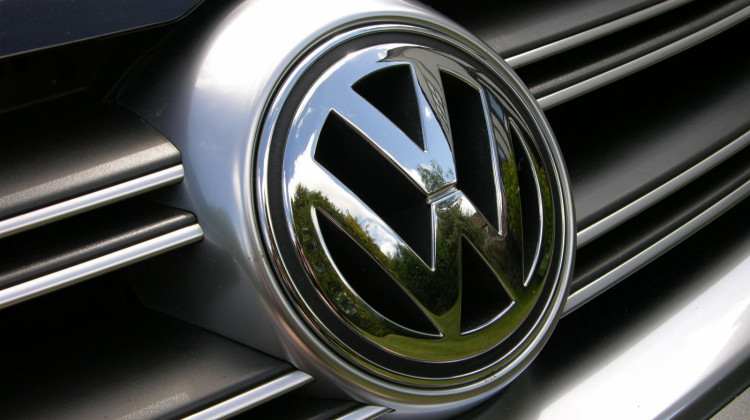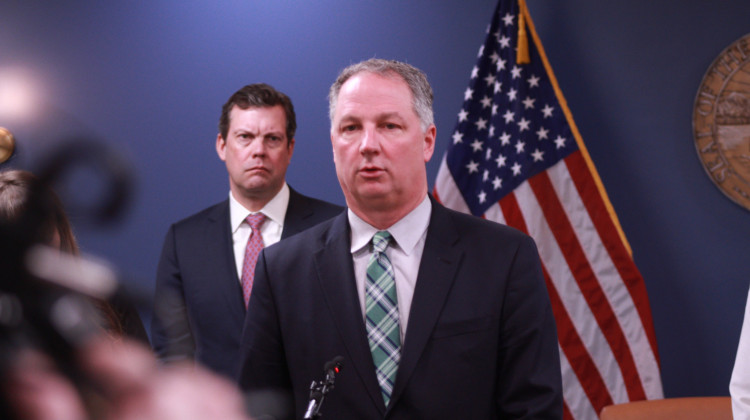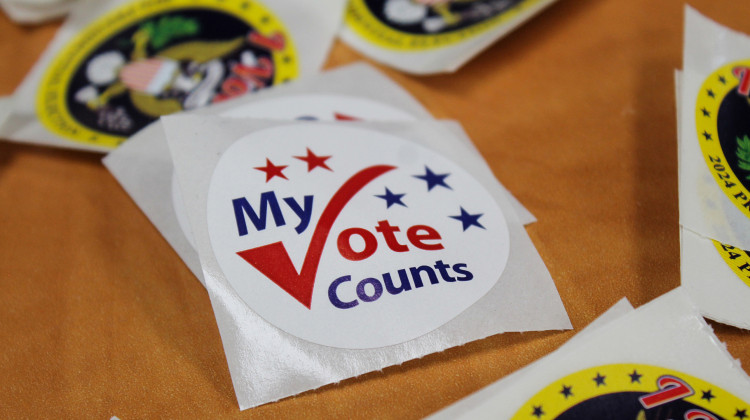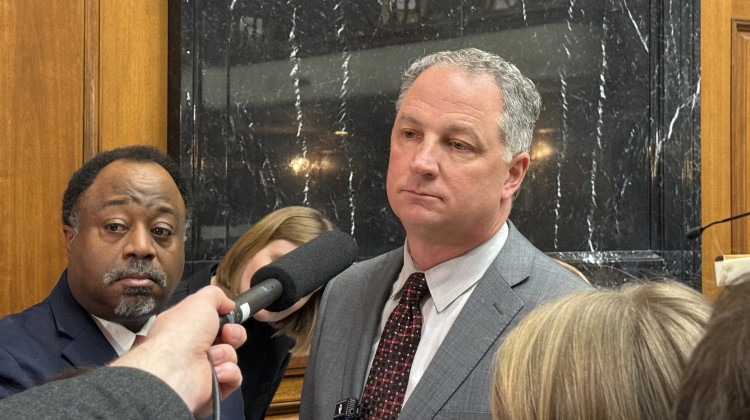
Indiana received more than $40 million after German automaker Volkswagen violated the Clean Air Act.
The Car Spy/Wikimedia CommonsThe state's revised plan for what to do with money from a Volkswagen settlement takes public feedback into account.
Indiana received more than $40 million after the company violated the Clean Air Act. Several people wanted to use the money for greener school buses and electric charging stations - and the new draft covers those bases.
More than half of the money would go toward repowering or replacing old diesel freight trucks, school buses, and transit buses.
Janet McCabe is with the Indiana University Environmental Resilience Institute. She says she's pleased to see that 30 percent of school buses would be electric and hopes IDEM will prioritize cleaner technologies in the plan - instead of replacing old diesel engines with newer ones.
"That won't make the most difference and there's lots of information coming out about how new diesel engines degrade over time," McCabe says.
IDEM would also put aside 15 percent of the funds for electric vehicle charging stations and other electric infrastructure.
McCabe says the first draft prioritized communities where the air quality doesn't meet national standards. But she says in the new version, IDEM included other places where people's health would be at risk.
"Near truck stops or near heavily trafficked roadways where you could have sensitive populations," McCabe says. "So it's really important to keep all of those areas in mind."
The public has until Sep. 28 to comment on the state's plans for the money from the Volkswagen settlement.
READ MORE: Indianapolis: Minorities, Low-Income Families Should Get Priority In VW Settlement
Indiana Environmental reporting is supported by the Environmental Resilience Institute, an Indiana University Grand Challenge project developing Indiana-specific projections and informed responses to problems of environmental change.
 DONATE
DONATE







 Support WFYI. We can't do it without you.
Support WFYI. We can't do it without you.